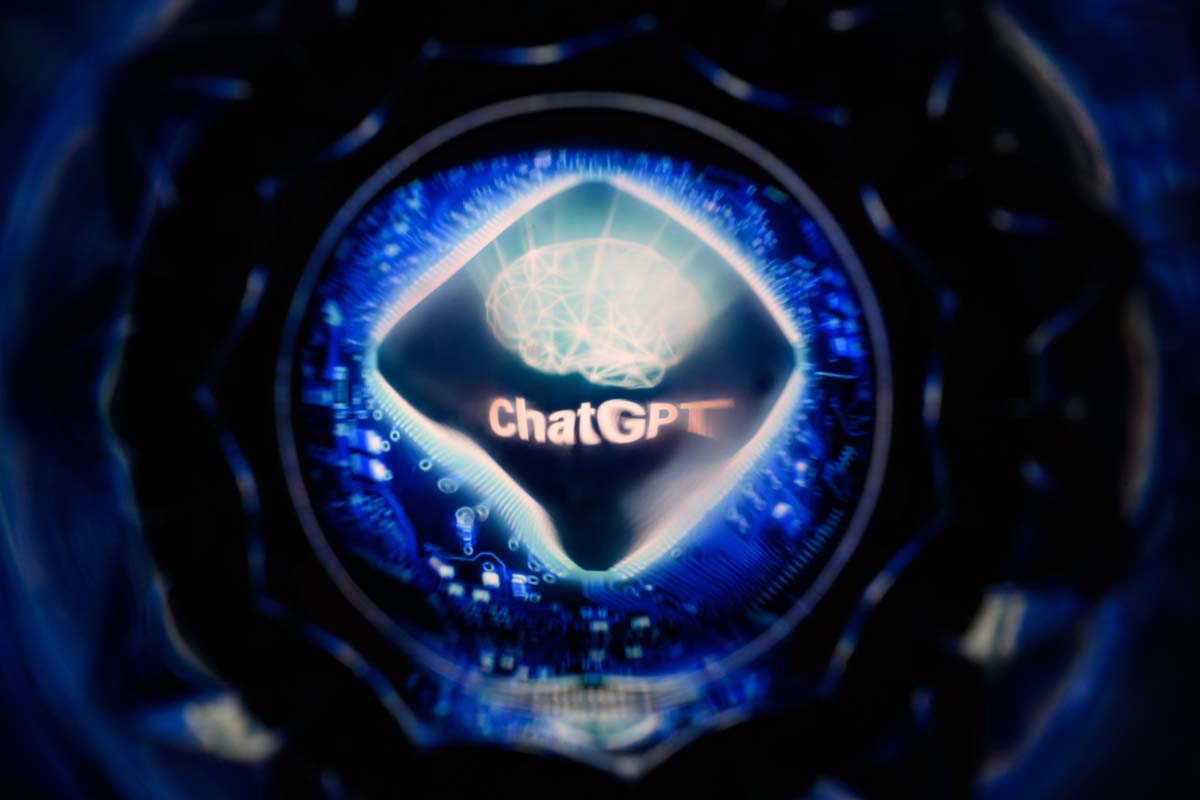
403
Sorry!!
Error! We're sorry, but the page you were looking for doesn't exist.
Somalia, Gambia leaders say AI as potential “key” game-changer
(MENAFN) As forensic science develops across Africa, leaders in Somalia and The Gambia view artificial intelligence (AI) as a potential “key” game-changer, though success remains heavily dependent on training, resources, and international support.
“In terms of AI, it is a new era in Somalia,” said Col. Muhidin Ahmed Osman, head of Police Criminal Investigations, highlighting that the technology enables facial recognition from video footage and helps organize evidence collected during investigations. While still in its early stages, AI is already assisting investigators by making it “easier” and “faster” to conduct and advance their work.
Osman shared these insights at the 20th International Forensic Medicine Days in Antalya, Turkey, which brought together nearly 800 experts from 27 countries to discuss AI’s impact on forensic science, with African nations represented among the participants.
Somalia’s forensic journey began in 2016 with the establishment of its first forensic laboratory, relying initially on manual methods. “Since that, we structured our forensic lab in Somalia, then we trained our officers in different departments or units. One of them is digital forensics, the other one is fingerprint,” as well as plastic and DNA samples, Osman explained.
Despite progress, AI in Somalia is still largely limited to physical suspect identification, and the country lacks in-house DNA analysis capabilities. Samples are sent to partner laboratories in South Africa for processing, and Somalia also shares biometric data with Kenya, Ethiopia, South Africa, and Uganda to enable cross-border tracking.
Osman emphasized AI’s transformative potential: “If we initiate such kind of artificial intelligence in our forensic lab, everything will be done faster … it will change our day-to-day,” adding that suspects will be easier to identify and trace, including their movements and crimes. He noted that Somalia is actively seeking AI tools to integrate into future investigative workflows.
“In terms of AI, it is a new era in Somalia,” said Col. Muhidin Ahmed Osman, head of Police Criminal Investigations, highlighting that the technology enables facial recognition from video footage and helps organize evidence collected during investigations. While still in its early stages, AI is already assisting investigators by making it “easier” and “faster” to conduct and advance their work.
Osman shared these insights at the 20th International Forensic Medicine Days in Antalya, Turkey, which brought together nearly 800 experts from 27 countries to discuss AI’s impact on forensic science, with African nations represented among the participants.
Somalia’s forensic journey began in 2016 with the establishment of its first forensic laboratory, relying initially on manual methods. “Since that, we structured our forensic lab in Somalia, then we trained our officers in different departments or units. One of them is digital forensics, the other one is fingerprint,” as well as plastic and DNA samples, Osman explained.
Despite progress, AI in Somalia is still largely limited to physical suspect identification, and the country lacks in-house DNA analysis capabilities. Samples are sent to partner laboratories in South Africa for processing, and Somalia also shares biometric data with Kenya, Ethiopia, South Africa, and Uganda to enable cross-border tracking.
Osman emphasized AI’s transformative potential: “If we initiate such kind of artificial intelligence in our forensic lab, everything will be done faster … it will change our day-to-day,” adding that suspects will be easier to identify and trace, including their movements and crimes. He noted that Somalia is actively seeking AI tools to integrate into future investigative workflows.

Legal Disclaimer:
MENAFN provides the
information “as is” without warranty of any kind. We do not accept
any responsibility or liability for the accuracy, content, images,
videos, licenses, completeness, legality, or reliability of the information
contained in this article. If you have any complaints or copyright
issues related to this article, kindly contact the provider above.


















Comments
No comment